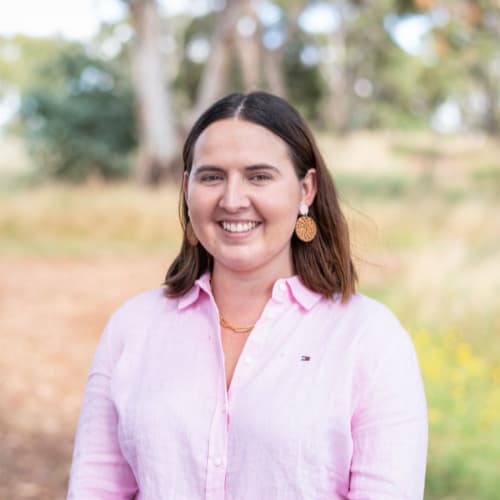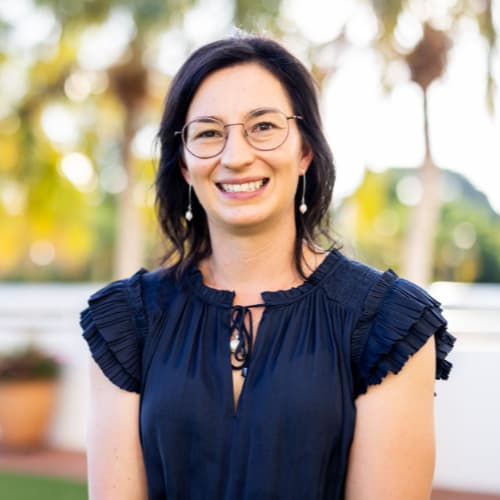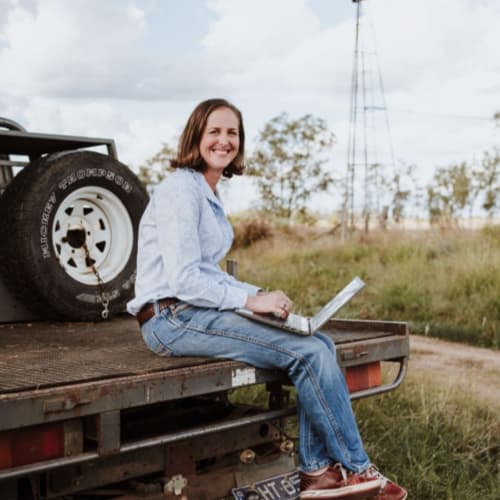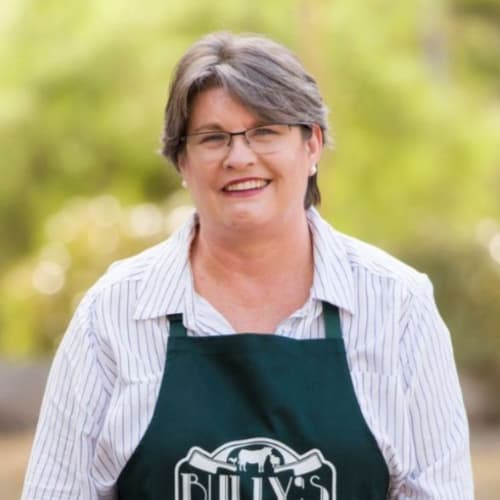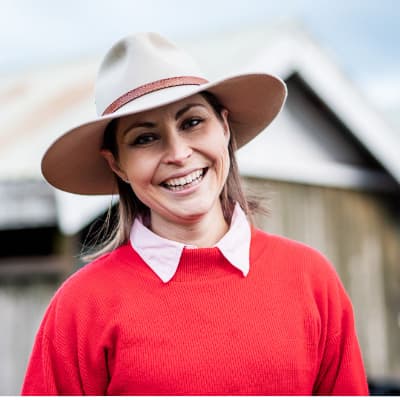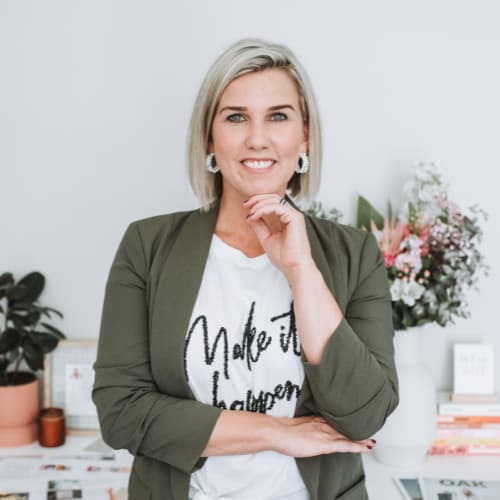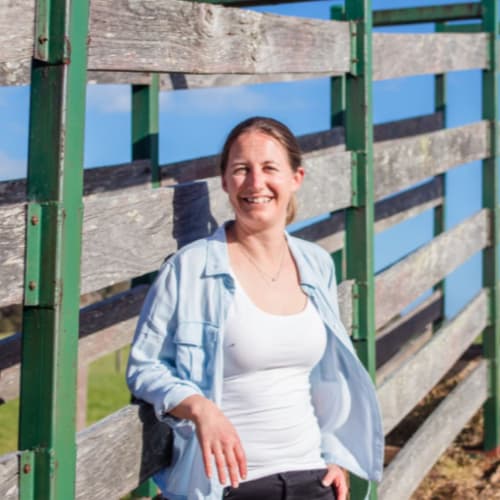“Our community of members take part in virtual workshops about mental health and wellbeing,” explained Louise. “Together, we discuss things like the importance of goal setting, finding balance, and [reshaping] our emotional relationship with food.”
Drawing on the networks she’s worked hard to build, Louise invites guest speakers to present to members on a range of wellbeing topics – giving other rural businesses a chance to reach a wider audience for their services.
Farm Life Fitness is tapping into an unmet, yearned for, need. “The men and women who engage with me on a one-on-one basis are more likely to talk than train,” said Louise.
“Farm Life Fitness is a community in its own right. We support, validate, and celebrate with each other, and we are there for each other when the days are not so great. Members thrive in this community, everyone feels safe, and our classes and workshops provide life-changing experiences.”
Louise runs Farm Life Fitness from an online studio in Denmark, in southern WA. Recognising the benefit that flexible work provides, Farm Life Fitness exclusively employs people from rural communities – offering work-from-home opportunities to those whose remote location or limited access to childcare makes finding paid work a challenge.
The flow-on benefits that involvement with Farm Life Fitness provides are clear. “Children find their role models, husbands notice a happier, more confident wife and vice versa, and businesses benefit from a more productive employee,” said Louise.
To maximise that impact, Louise’s next step is to directly engage the business and local government sector, “To help them realise that, if they invest in this area, their business and community will reap the benefits as well.”
“We can’t deny the stats surrounding the mental health of those in farming. They can spend all their time on plant repairs and maintaining livestock health, but there is no point if they don’t focus on themselves. Farm Life Fitness helps people in agriculture realise their health is their wealth.”
The 2022 WA AgriFutures Rural Women’s Award Winner will use her $15,000 Westpac grant to scale the Farm Life Fitness community and hone her pitch to the business and local government sector. Louise will also use her funding to better articulate her brand and develop a user-friendly website that provides a dedicated online home for members.
Watch Louise’s story
